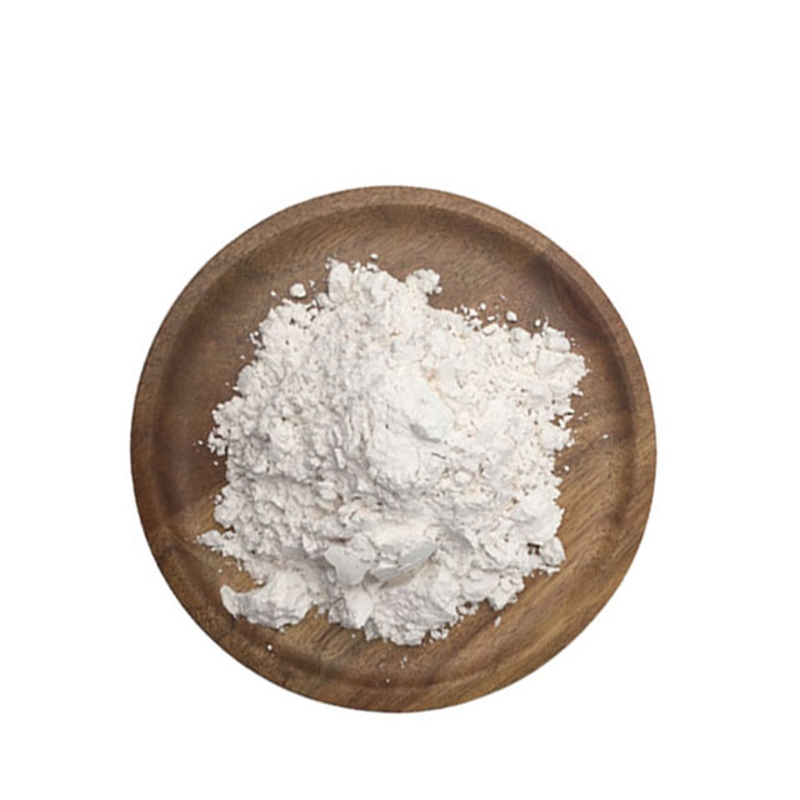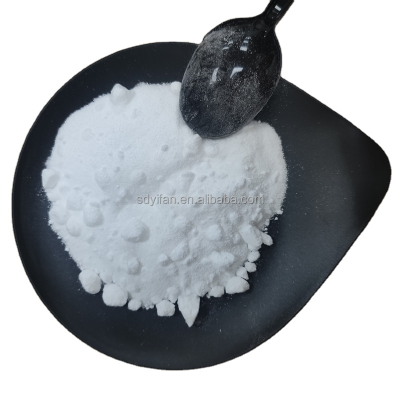-
Categories
-
Pharmaceutical Intermediates
-
Active Pharmaceutical Ingredients
-
Food Additives
- Industrial Coatings
- Agrochemicals
- Dyes and Pigments
- Surfactant
- Flavors and Fragrances
- Chemical Reagents
- Catalyst and Auxiliary
- Natural Products
- Inorganic Chemistry
-
Organic Chemistry
-
Biochemical Engineering
- Analytical Chemistry
- Cosmetic Ingredient
-
Pharmaceutical Intermediates
Promotion
ECHEMI Mall
Wholesale
Weekly Price
Exhibition
News
-
Trade Service
As Europe seeks to reduce its dependence on Russian energy, a planned transmission project to transmit electricity from Egypt and Israel to Greece is gaining new momentum
.
The energy corridor from Egypt and Israel to Europe via Cyprus is considered important
for energy security amid deteriorating relations with Moscow, a ban on seaborne oil imports by the European Union, and Russia cutting off gas supplies to some buyers in the region.
One of the transmission cable projects plans to transport only green energy, helping the EU advance its €210 billion energy plan
with renewables at its core.
Manos Manousakis, CEO of Greek grid operator ADMIE, said in an interview in Athens: "Electricity connected to Europe from other sources will clearly provide an opportunity
to reduce Russia's energy dependence.
" If Europe is to pursue green energy, it cannot ignore the huge solar potential
of North Africa and the Middle East.
”
These projects have the potential to replace not only all the gas that Greece receives from Russia, but also supplies from some neighboring countries
.
The surplus electricity via the cable will be sent to the rest of Europe and play a role
in securing the energy supply.
The cable project to Egypt has already received support from the local government and Greek authorities and now requires funding from the European Union
.
Elica SA, a project developer owned by the Greek Copelouzos Group, has submitted an application to include the cables in the EU's list of so-called projects of common interest, which will help obtain permits and funding
.
The company estimates that it will invest around 3.
5 billion euros, and the Bank of Greece and the European Investment Bank have already expressed their willingness to participate
.
ADMIE and the Egyptian Electric Transmission Company are working together to design a direct route
to mainland Greece.
"The project requires European funding and it is hoped that an application for financing will be submitted to the European Commission within the next 12 months," Manousakis said, adding that construction could begin as soon as approval was received and that the EU "will need to show flexibility
in its traditionally rather slow approval process.
" ”
The transmission project was first planned in 2008 but was delayed
due to a change of government in Egypt.
According to the timeline of similar projects, a transmission project with a capacity of 3 GW will take about six to eight years to complete
.
Manousakis said ADMIE is also working to ensure infrastructure is upgraded and expanded to allow excess power to be delivered to other parts of
Europe.
ADMIE and Italy's Terna are studying the feasibility of
a second connection of up to 1 GW between the two countries.
It has also begun to study new connections with Albania and expand existing ties
with North Macedonia.
In addition, additional connections
between the European and Turkish power systems are being studied.
A more advanced project, Manousakis said, is a Eurasian interconnection network
connecting the power grids of Israel, Cyprus and Greece.
The 1,208-kilometer cable will be able to provide electricity
produced using natural gas reserves in Cyprus and Israel as well as renewable energy.
The first phase of the project is expected to cost around €2.
5 billion and bring a total transmission capacity of 1,000 MW, which will double after the next phase
.
Construction will be completed by the end of 2025 and put into service
in the first half of 2026.
The EU agreed in January to provide 657 million euros for
the section of the road linking Cyprus to the Greek island of Crete.
This amount is on top of the 100 million euros already allocated by the EU Recovery Fund
.
Cyprus is currently the only EU member state
not connected to the European grid.
As Europe seeks to reduce its dependence on Russian energy, a planned transmission project to transmit electricity from Egypt and Israel to Greece is gaining new momentum
.
The energy corridor from Egypt and Israel to Europe via Cyprus is considered important
for energy security amid deteriorating relations with Moscow, a ban on seaborne oil imports by the European Union, and Russia cutting off gas supplies to some buyers in the region.
One of the transmission cable projects plans to transport only green energy, helping the EU advance its €210 billion energy plan
with renewables at its core.
Manos Manousakis, CEO of Greek grid operator ADMIE, said in an interview in Athens: "Electricity connected to Europe from other sources will clearly provide an opportunity
to reduce Russia's energy dependence.
" If Europe is to pursue green energy, it cannot ignore the huge solar potential
of North Africa and the Middle East.
”
These projects have the potential to replace not only all the gas that Greece receives from Russia, but also supplies from some neighboring countries
.
The surplus electricity via the cable will be sent to the rest of Europe and play a role
in securing the energy supply.
The cable project to Egypt has already received support from the local government and Greek authorities and now requires funding from the European Union
.
Elica SA, a project developer owned by the Greek Copelouzos Group, has submitted an application to include the cables in the EU's list of so-called projects of common interest, which will help obtain permits and funding
.
The company estimates that it will invest around 3.
5 billion euros, and the Bank of Greece and the European Investment Bank have already expressed their willingness to participate
.
ADMIE and the Egyptian Electric Transmission Company are working together to design a direct route
to mainland Greece.
"The project requires European funding and it is hoped that an application for financing will be submitted to the European Commission within the next 12 months," Manousakis said, adding that construction could begin as soon as approval was received and that the EU "will need to show flexibility
in its traditionally rather slow approval process.
" ”
The transmission project was first planned in 2008 but was delayed
due to a change of government in Egypt.
According to the timeline of similar projects, a transmission project with a capacity of 3 GW will take about six to eight years to complete
.
Manousakis said ADMIE is also working to ensure infrastructure is upgraded and expanded to allow excess power to be delivered to other parts of
Europe.
ADMIE and Italy's Terna are studying the feasibility of
a second connection of up to 1 GW between the two countries.
It has also begun to study new connections with Albania and expand existing ties
with North Macedonia.
In addition, additional connections
between the European and Turkish power systems are being studied.
A more advanced project, Manousakis said, is a Eurasian interconnection network
connecting the power grids of Israel, Cyprus and Greece.
The 1,208-kilometer cable will be able to provide electricity
produced using natural gas reserves in Cyprus and Israel as well as renewable energy.
The first phase of the project is expected to cost around €2.
5 billion and bring a total transmission capacity of 1,000 MW, which will double after the next phase
.
Construction will be completed by the end of 2025 and put into service
in the first half of 2026.
The EU agreed in January to provide 657 million euros for
the section of the road linking Cyprus to the Greek island of Crete.
This amount is on top of the 100 million euros already allocated by the EU Recovery Fund
.
Cyprus is currently the only EU member state
not connected to the European grid.







